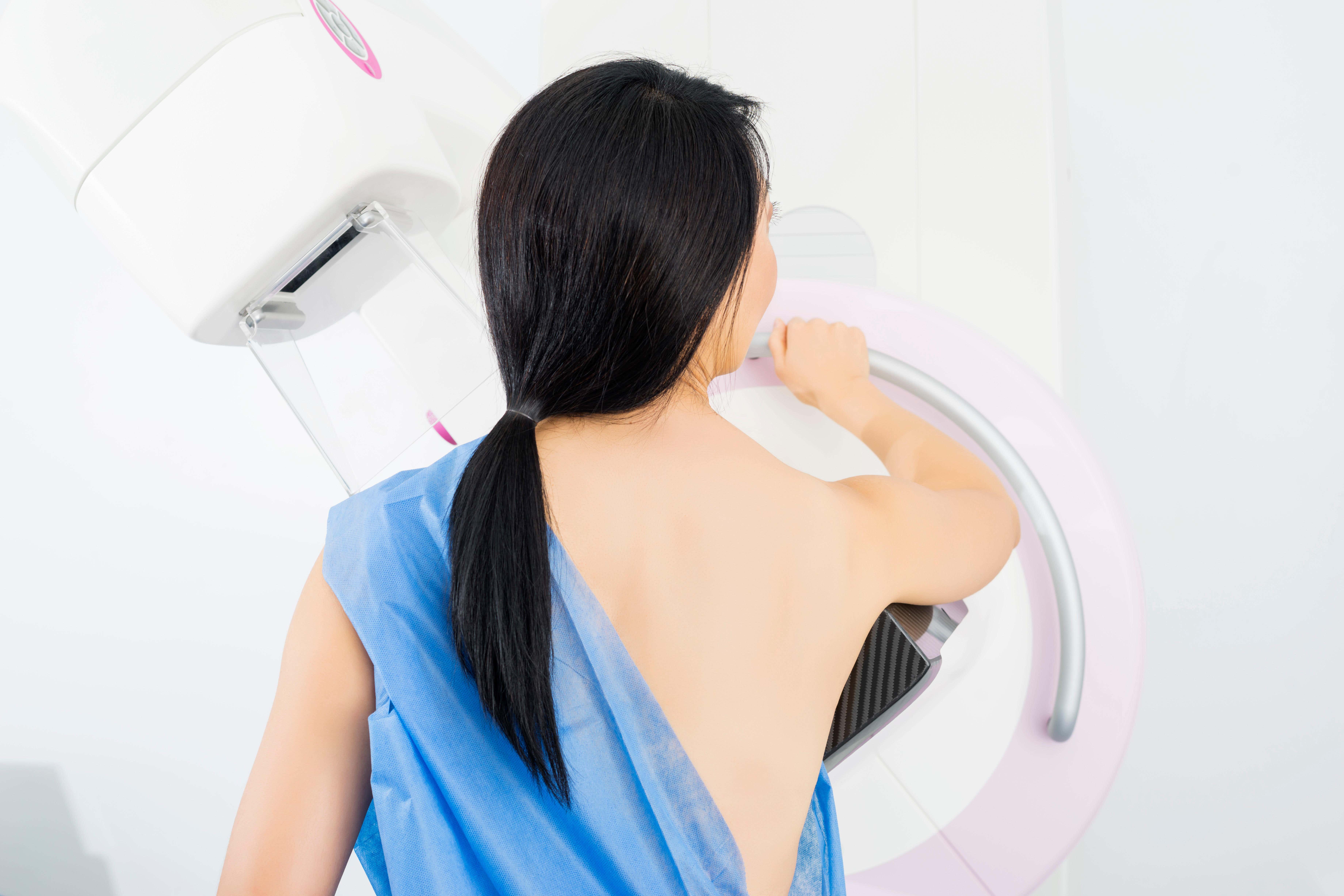What screenings are available on the NHS to detect cancer early?
Screening programmes can help to diagnose cancer or risk of cancer sooner and improve the likelihood of successful outcomes.

According to NHS analysis, the number of patients in England diagnosed with cancer at an early stage has reached its highest level, following a significant campaign urging people to undergo potentially life-saving screenings.
The data – which focuses on 13 of the most common cancers, such as breast and lung cancer – found that nearly three in five patients are being diagnosed at stages one or two, when the cancer is easier to treat.
But what types of cancer screenings are available on the NHS in the UK?Cervical cancer
“Cervical cancer develops from abnormal cell changes in the cervix and can affect anyone with a cervix at any age, although it is more common between the ages of 30 and 34,” says Helen Hyndman, Ask Eve nurse at gynaecological cancer charity The Eve Appeal.
“Cervical screening helps prevent cervical cancer by testing for high-risk strains of the human papillomavirus (HPV), found in more than 99% of all cervical cancers and which can cause abnormal cells to develop on the cervix.
“If HPV is found on a sample, a further test is done for abnormal cells as they can, over time, turn into cancer if left untreated or unmonitored.”
The NHS cervical screening programme in England is offered to people with a cervix aged from 25 to 64, according to the NHS England website.
“All eligible people who are registered with a GP (as female) automatically receive an invitation by mail,” explains Hyndman. “Trans men (assigned female at birth) do not receive invitations if they are registered as male with their GP but are still entitled to screening if they have a cervix.
“Screening is offered every three years from age 25 to 49 and every five years from age 50 to 64. If high risk HPV or abnormal cells are found, screening is offered more frequently.”
Bowel cancer
“The bowel cancer screening programmes use a test called a faecal immunochemical test (FIT) which is sent to you through the post,” explains Rachel Rawson, lead cancer nurse at virtual cancer clinic Perci Health. “For the test, you’ll collect a small amount of poo and this is sent to a lab where they’ll test for blood in your poo.
“Screening can also help to find polyps (non-cancerous growths) which may be growing in the bowel. Polyps can become bowel cancer over time, screening can help to find them so they can be removed before they do.”
Different parts of the UK have different age criteria for bowel cancer screenings.
“Bowel cancer screening is offered to people in Wales and Scotland every two years between the ages of 50 and 74,” says Maxine Lenza, health information manager at Cancer Research UK. “In England, it’s offered every two years to people between the ages of 54 and 74, but this is slowly being extended to people aged 50-54.
“In Northern Ireland it’s offered every two years to people aged 60-74.”
Breast cancer
Breast cancer screening involves an X-ray being taken of both breasts, called a mammogram.
“Routine mammograms help detect cancers in breast tissue that might not otherwise be found, either because they’re too small to be felt or because they are deep within the breast,” explains Lester Barr, consultant breast surgeon and founder of the charity Prevent Breast Cancer. “Finding these cancers before they present symptoms usually means less aggressive treatment and a higher chance of going back to a completely normal life after cancer.”
You have to be registered with a GP to be automatically invited for screening.
“You will be automatically invited for screening every three years from age of 50 up to your 71st birthday as part of the breast screening programme,” says Sally Kum, associate director of nursing at Breast Cancer Now. “This may not happen the year you turn 50, but it will happen by the time you’re 53.
“If you’re 71 or over, while you won’t automatically be sent an invitation for screening, you can continue to have breast screening every three years if you contact your local breast screening unit and ask for it.”
Lung cancer
In 2022, the UK National Screening Committee, an independent body of experts, recommended lung screening for people at high risk of lung cancer.
“It will take some time for this to be rolled out, but when it is, people will be invited if they are 55-74 years old and they currently smoke or used to smoke,” says Lenza. “If eligible, you’ll be invited for an initial assessment where a health professional will ask some questions.
“Based on this you may then be offered a low-dose CT scan to check for changes in the lungs.”
Why aren’t there screenings for all types of cancer?“For a screening programme to be introduced there needs to be a test that can accurately identify cancer at an early stage, before someone has symptoms,” says Lenza. “Research is still ongoing to find these tests for other cancers, but it’s important that any harms from the test are outweighed by the benefits. “
Bookmark popover
Removed from bookmarks